Education has been a top priority for the Chamber and the business community for more than two decades. The state’s second-largest school district, Metro Nashville Public Schools, has been our primary focus in terms of business engagement and education policy. The system, in its current form, is not well-equipped and resourced to address urgent needs of families and to focus on students’ academic performance. This is evident in the district’s academic measures, which have seen incremental gains and losses over the last several decades but have not shown consistent and steady improvement. We are closely tracking state legislation that could have a significant impact on K-12 education and MNPS students specifically. Summaries of these bills are below.
Tennessee Investment in Student Achievement
The governor released his draft of the new funding formula for Tennessee’s public education system on February 24, 2022. If passed, the Tennessee Investment in Student Achievement (TISA) would replace the current funding formula called the Basic Education Program (BEP). The BEP was introduced in 1992 and has seen only minor modifications in the last 30 years. The new formula moves from a system-based complex formula with slight transparency to a student-based formula where the public can follow and hold school systems accountable for their education dollars. SB 2396/ HB 2143 (Johnson/ Lamberth) includes $250 million in new funds to cover teacher salaries and annual inflation costs and an additional $750 million to fund the new formula. We expect hearings to start on the bill the week of March 7. Concerns have been raised that Metro Nashville Public Schools (MNPS) is receiving a disproportionately small increase from the state with only $12.6 million in new state funding anticipated under TISA in the fiscal year 2024. The primary reason stated for the small share of state funding is Nashville’s relative ability to fund education from local revenue sources, or its fiscal capacity. The Chamber is diving deeper into this issue to fully understand and analyze its impact before determining our position on the funding bill and MNPS’s allocation.
School Governance
SB 2021 / HB 2092 (Lundberg/ White) addresses the Chamber’s public education priorities of improved student performance, local control, and aligned accountability. The bill would designate a local education agency (LEA) as a high priority if it has 10 or more priority schools in the three most recent reports. A local school board that is a high priority would transition from an elected board to a mayor-appointed board to align accountability. Local elected board members would serve until their four-year terms expire at which point the mayor would appoint a member to succeed the elected member from existing school districts. Appointed members would serve four-year terms and must reside in the school district the member represents. The state would form a high priority oversight committee, appointed by state and local officials, made up of a diverse group of five members with K-12 expertise from the same county as the LEA. The county mayor would then be charged with forming a corrective action plan within 90 days to be submitted to the oversight committee. When the LEA is no longer designated high priority, the oversight committee dissolves, and the local school board vacancies are filled with elected members. We expect the bill to be heard in the coming weeks.
Apprenticeships and Computer Science Education
Work-based learning opportunities and digital literacy are critical priorities within the Chamber’s K-12 education work. SB 2426/ HB 2176 (Johnson/ Lamberth) removes youth apprenticeships from being considered apprenticeships for the Tennessee Registered Apprenticeship Program Act, making them easier to obtain and certify. HB 2153/ SB 2406 (Johnson/ Lamberth) requires the Department of Education (DOE) to provide in-person and online computer science courses for public school students at no charge by the start of the 2023-24 school year. The DOE would also provide a computer science education professional development program at no cost to educators. Additionally, this bill would create computer science requirements and academic standards for K-12 students with a requirement that schools implement these standards beginning in the 2024-25 school year.
As the legislative session continues, we will keep you informed on the progress of these bills. Please reach out with questions or comments to Stephanie Coleman, Chief Talent Development Officer, at scoleman@nashvillechamber.com.




